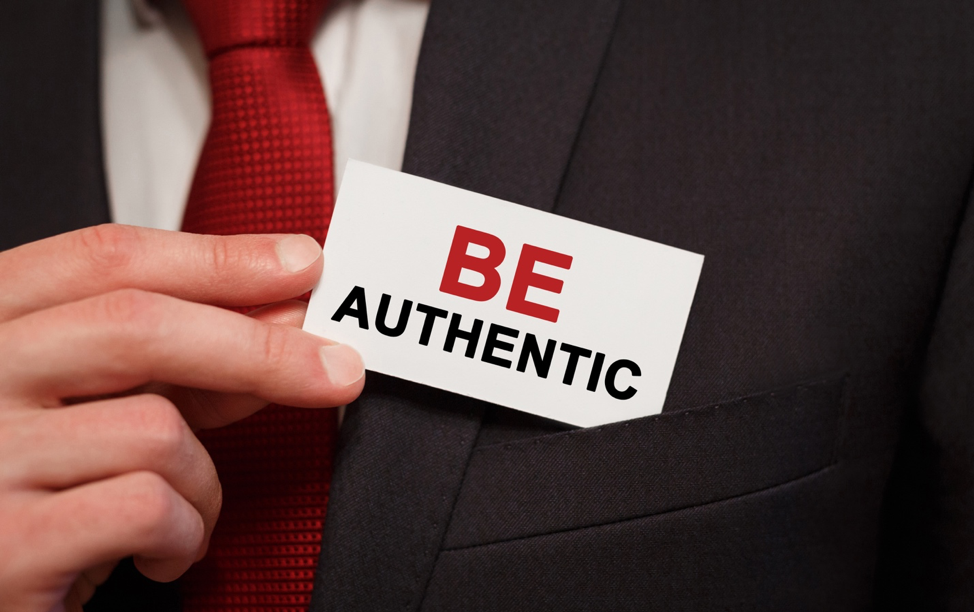
As this past election revealed, we remain as divided as ever, entrenched on our respective sides of the political fence, often unwilling to even consider opposing viewpoints.
Anyone who says otherwise simply isn’t paying attention or is woefully naïve.
Increasingly, we live in a world where people now have contradictory definitions of what actually constitutes a fact.
Compounding the agony are the tribal “news” sources we visit to gain perspective.
How can a fact — literally defined as “a thing that is known or proved to be true” — be open to so much debate?
In his best-selling book, “Atomic Habits,” author James Clear writes, “Humans are herd animals. We want to fit in, to bond with others, and to earn the respect and approval of our peers. Such inclinations are essential to our survival. For most of our evolutionary history, our ancestors lived in tribes. Becoming separated from the tribe — or worse, being cast out — was a death sentence.”
In other words, we are all hard wired to remain part of the pack. Once we’re in a group and adopt the thinking of those who let us into that group, it’s easy to point out the flaws in the arguments of others but much more difficult to critically assess the faults in our own.
The scientific community can provide endless examples of these types of “confirmation” or “myside” biases.
However, based on our nearly 20 years of experience working with more than 200 businesses and organizations, we believe the same instincts that divide us politically can also be our salvation economically.
Let’s be honest: We likely won’t ever fully bridge the partisan gap growing across this country, but we can get back to some sort of consensus on facts in the business and professional community.
Politics has become a zero-sum game. As Clear writes, “If the goal is to actually change minds, then I don't believe criticizing the other side is the best approach. Most people argue to win, not to learn.”
Business owners and organizational leaders still understand success depends on compromise, building consensus and inspiring others through leadership by example.
That’s where our work with clients at WordWrite enters the conversation. Framed against the backdrop of endless noise and digital clutter, our agency believes uncovering, developing and sharing your organization’s authentic story matters more than ever.
Like our ancestors who longed for meaningful connection — a yearning we still have today — our brains are genetically engineered to remember stories.
From a sales standpoint, we believe an authentic business story can move hearts and minds, inspire action and deliver measurable business results.
This story is never small, nor lowercased. We define it as your Capital S Story — why someone would buy from you, sell to you, partner with you, invest in you or work with you.
In fact, we believe so strongly in this concept that our agency’s founder and CEO literally wrote the book on it.
Your Capital S Story is the story above all others, highlighting the most important market positioning differentiators between you and your competitors.
The hallmarks and bedrock attributes of this particular story are authenticity, fluency and engagement.
Capital S Stories must start from a place of truth, are shared by the experts in your organization best suited to tell them and also constantly measured in terms of how effective they are at reaching and motivating your target audiences and key stakeholders.
Truth, as we continue to learn, is now unfortunately in the eye of the beholder when it comes to politics, subservient at all times to “owning” the other side.
But when a business has clear objectives and a clear point of differentiation to share, truth again becomes — in the words of our most revered leaders of the past — self-evident.
In our sales cycle, along with those so many of the businesses our clients run, compromise and collaboration are key. It’s all about pushing the conversation forward.
Clear, quoting productivity expert Tiago Forte, agrees.
“Are you willing to not win in order to keep the conversation going?”
Let’s hope so. In the professional world, at least, we can all do our part to bridge the divide.
